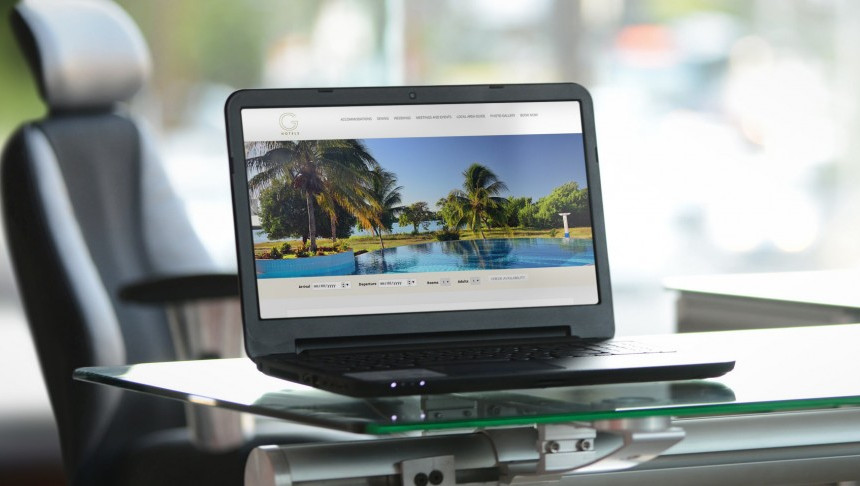
Amusement parks have figured out how to use technology to skip lines, make F&B reservations and purchase in-the-moment upgrades, but hoteliers have yet to harness the revenue-driving power of tech-driven convenience.
At the recent 2016 HTNG North American Conference, SeaWorld Parks & Entertainment Chief Information Officer Darla Morse described how that company, which is moving into the world of hotels and resorts, created an app that helps monetize the very idea of convenience at its amusement parks.
The app is helpful for consumers in many ways; it stores guests’ passes, gives guests a dynamic map to help get around the park, tracks where they parked their car and gives a schedule of events and shows. But the focus from a business perspective seems pretty clear: it makes it easier for visitors to spend money on the company’s properties.
Using geolocation, the app offers many upselling opportunities, including skipping lines, ordering food and making food-and-beverage reservations while attending a show. The app also allows guests to buy enhanced experiences like behind-the-scenes tours and animal encounters. Not coincidentally, the app conveniently stores guest payment information to take as many steps as possible out of the purchasing process.
And SeaWorld isn’t alone in this endeavor. Similar offerings are available at Disneyland.
As novel as this all sounds, the first thought that popped into my head as I was listening was “why aren’t more hotels figuring out ways to do this?” And by “this” I mean aligning the desire for convenience and instant gratification with guests’ connection to their devices and turning it into revenue.
I don’t often root for companies to find new ways to take my money. But this is an instance where I’d be lining up for just that.
Hotels are making strides in terms of technology-assisted convenience, at least in a broad sense. Keyless entry via brand apps and mobile check-in are positive steps forward. But are the efforts being made to properly drive revenue from this shift? And aren’t there more opportunities for convenience-based revenue?




